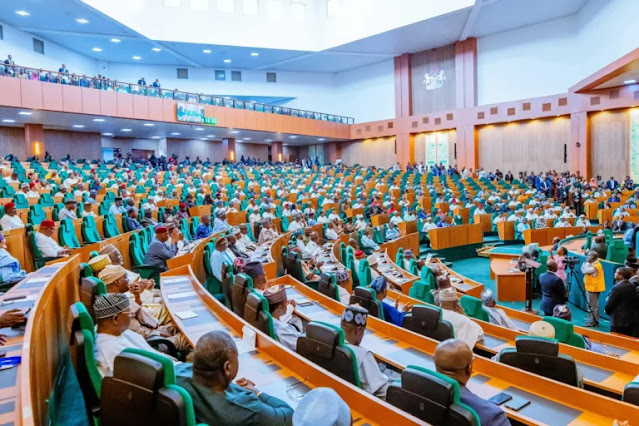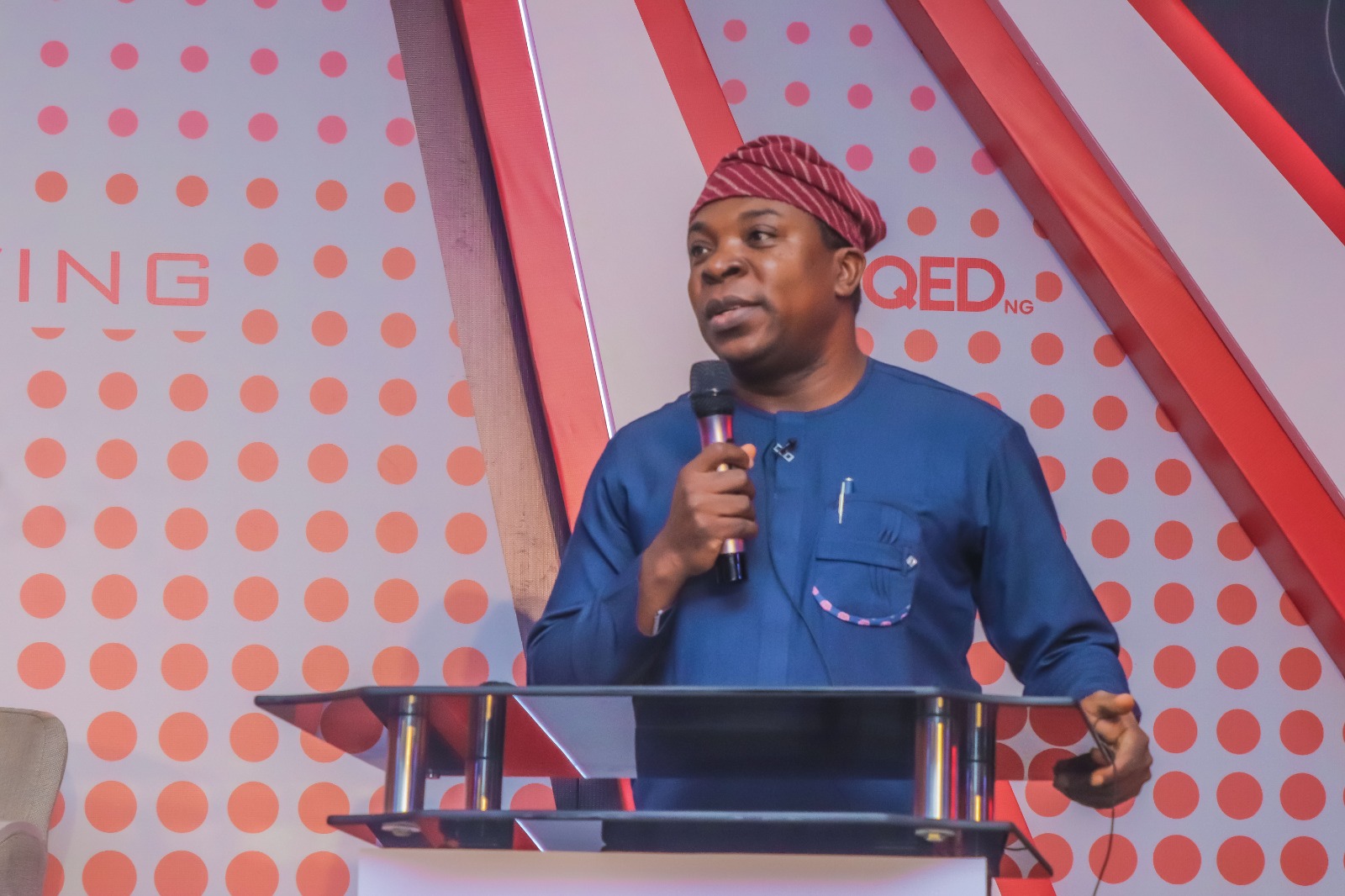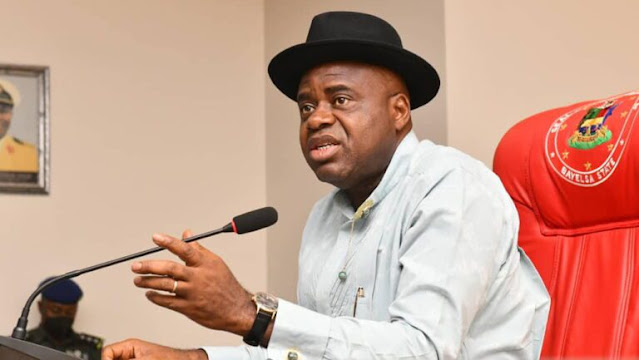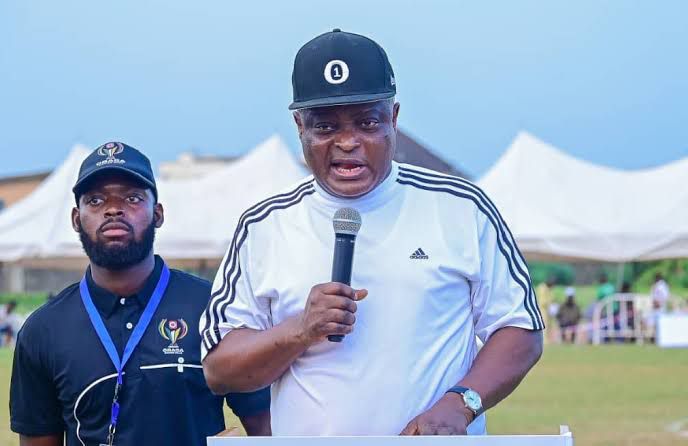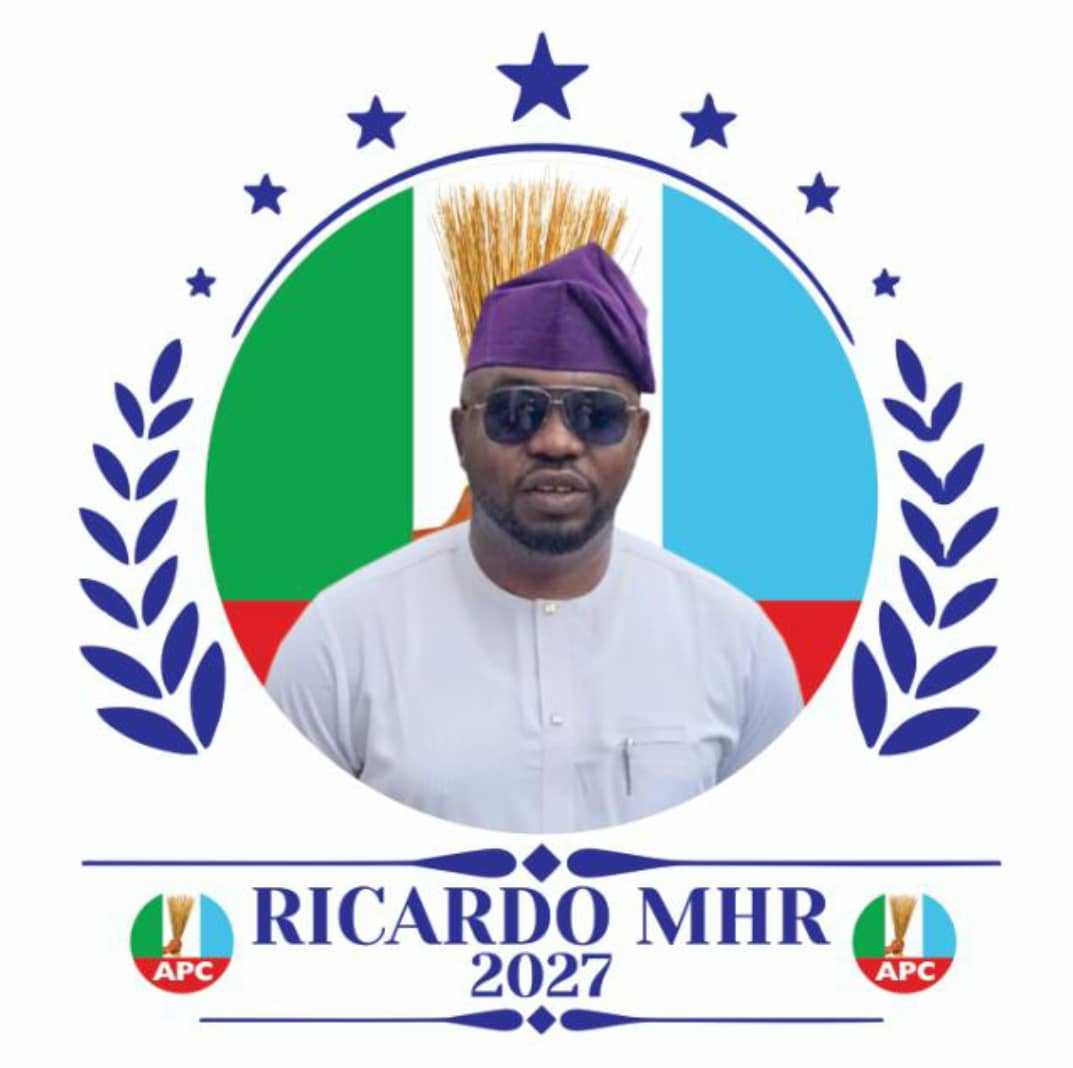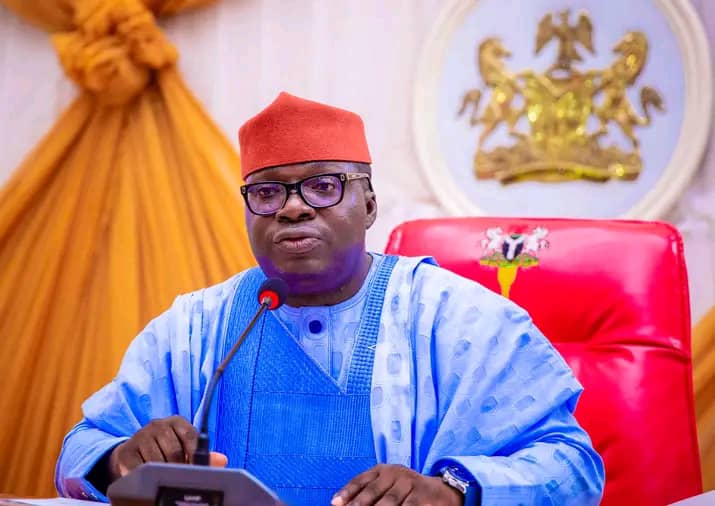The House of Representatives has opened an investigation into the N1.06 trillion Nigeria Community Action for Resilience and Economic Stimulus (NG-CARES) social intervention scheme of the Federal Government.
Chairman of the House Committee on NG-CARES, Abubakar Kusada (APC–Katsina), announced the move while addressing journalists in Abuja on Wednesday.
He explained that the probe had become necessary as citizens were reportedly not benefiting from the programme, despite the government meeting its funding commitments and putting in place the operational framework for implementation.
“A total of 696 million dollars, equivalent to N1.06 trillion, has been disbursed as social intervention, safety nets and palliatives to Nigerians across the 36 states and the FCT through various delivery platforms,” Kusada stated. “It is therefore troubling that these measures have not translated into visible relief for the vulnerable groups they were designed to support, even after the government committed such vast resources through the states. The cry of neglect from Nigerians bearing the weight of economic reforms remains loud.”
The lawmaker said the committee, exercising its powers under Sections 88 and 89 of the Constitution, had resolved to conduct a comprehensive investigation into the NG-CARES initiative. The aim, he said, was to determine the causes of the disconnect between the huge expenditure and the lack of tangible results, as well as to assess the appropriateness of the spending.
According to Kusada, several states have claimed billions of naira for social transfers, agricultural inputs, labour, infrastructure, asset procurement, and the upgrading of wet markets and storage facilities.
“If we confirm these claims, we will also make public the impact they have had on food supply, food prices, and the living conditions of ordinary Nigerians. If we cannot verify them, we will name and shame the states involved, and ensure corrective measures are taken,” he said.
The committee also intends to scrutinise the grants and other forms of assistance reportedly given to micro and small enterprises (MSEs) as part of recovery and economic stimulus efforts.
Kusada alleged that billions had been collected by states for interventions aimed at supporting small businesses, which should have strengthened their resilience and boosted the economic well-being of Nigerians.
“If the funds were genuinely used to provide safety nets for the vulnerable, Nigerians will be told where they can access them. If the funds were diverted, the affected states should return and properly utilise them.
“If there has been gross mismanagement, the public will know who to hold accountable. And if the procurement process was abused, then the Bureau of Public Procurement and anti-corruption agencies have clear work ahead,” he said.


